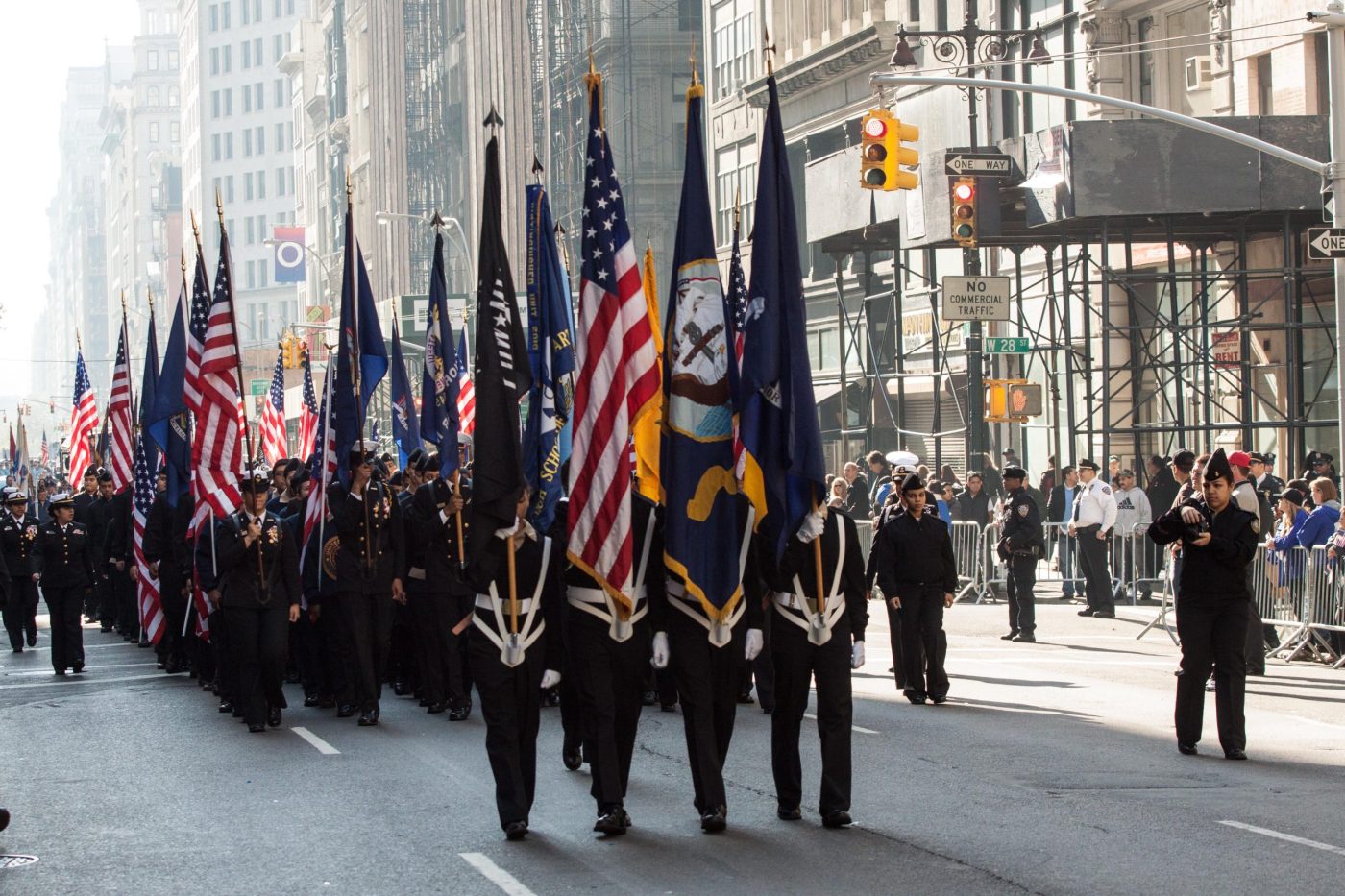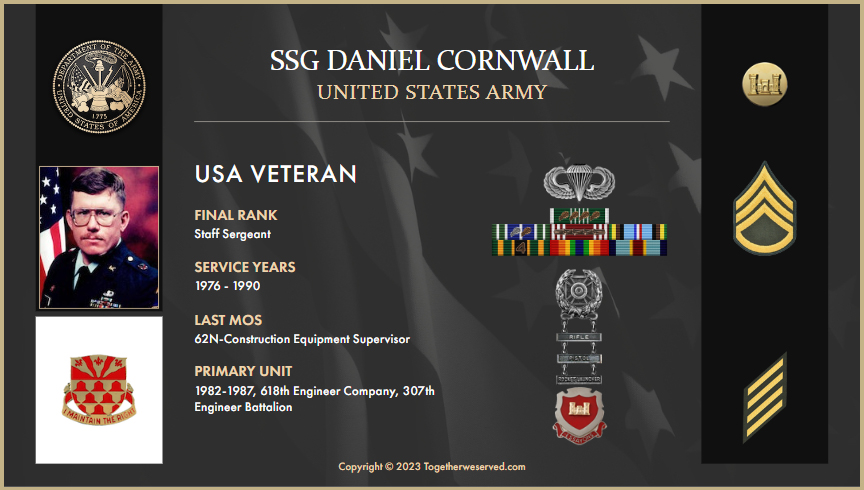The U.S. Department of Veterans Affairs (VA) and the Department of Health and Human Services’ Substance Abuse and Mental Health Services Administration (SAMHSA) convened seven teams March 27-29 in Arlington, Virginia, for the Mayor’s Challenge to Prevent Suicide Among Service Members, Veterans and their Families.
With the goal of eliminating suicide by promoting a comprehensive public health approach that empowers communities to take action, the sites that participated in the mayor’s challenge policy academy were: Clarksville, Tennessee; Kansas City, Missouri; Oklahoma City, Oklahoma; Mecklenburg County, North Carolina; Tulsa, Oklahoma; Reno/Truckee Meadows, Nevada; and Suffolk County, New York.
Suicide is a major public health concern that affects everyone. It is estimated 45,000 Americans, including 6,000 Veterans, die by suicide each year.
“The mayor’s challenge provides a roadmap for how communities can contribute to the national effort of preventing Veteran suicide,” said VA Secretary Robert Wilkie. “We are pleased to continue our partnership with SAMHSA, so we can provide suicide-prevention training and support to the communities where Veterans live, work and thrive.”
At the policy academy, representatives from the sites developed strategic action plans to implement in their communities. The collaborative teams included community, municipal and military stakeholders, among others. VA and SAMHSA provided technical assistance to support local efforts, document outcomes and share strategies with other municipalities.
The Mayor’s Challenge was launched in March 2018, bringing together representatives of eight cities to develop local action plans to prevent Veteran suicide. Since then, the Mayor’s Challenge program has expanded to a total of 24 cities. An inaugural Governor’s Challenge that involved seven state teams took place in February, replicating the effort on the state level. Participants in both programs form interagency teams to bolster Veteran suicide-prevention efforts in their communities.
To learn more about the efforts of VA’s Office of Mental Health and Suicide Prevention, visit https://www.mentalhealth.va.gov/suicide_prevention. For information on SAMHSA’s suicide prevention efforts, visit https://www.samhsa.gov/suicide-prevention/samhsas-efforts.
Veterans who are in crisis or having thoughts of suicide, and those who know a Veteran in crisis, can contact the Veterans Crisis Line for confidential support 24 hours a day, seven days a week, 365 days a year. Call 800-273-8255 and press 1, send a text message to 838255 or chat online at VeteransCrisisLine.net/Chat.
Reporters covering this issue are strongly encouraged to visit www.reportingonsuicide.org for important guidance on how to safely communicate about suicide.
Topics in this story
More Stories
Many Veterans may not be aware of life-changing benefits they’ve […]
VA and the Veterans Day National Committee (VDNC) encourages cities, towns and non-profit groups to apply to hold VA-recognized regional Veterans Day observances. Here's how to apply.
Since its launch 20 years ago, Togetherweserved.com (TWS), the leading online community of U.S. Veterans, has provided its 2.3 million members the special opportunity to not only reconnect with the people they served with, but to also preserve a detailed record of their military service, including unlimited photographs. This is so their families and future generations will know what they did serving our country.







VA you are failing our country by not properly addressing this issue.
FACT: Inflammation prevents the brain from healing; not properly addressing a low inflammation diet exacerbates treatment for those suffering from PTSD/TBI.
FACT: Depression and substance abuse are directly linked to loneliness, all the pills in the world will never replace the feeling of belonging to a community.
FACT: Proper diet, exercise, and community engagement will solve this problem, not poultry promotional campaigns and hashtags.
FACT: The VA isn’t any better than your average “run of the mill” outdated, bureaucratic institution, modernize (once our healthcare system is fixed) by rebuilding from the ground up or continue to limp along while wasting veterans precious time and taxpayers dollars.